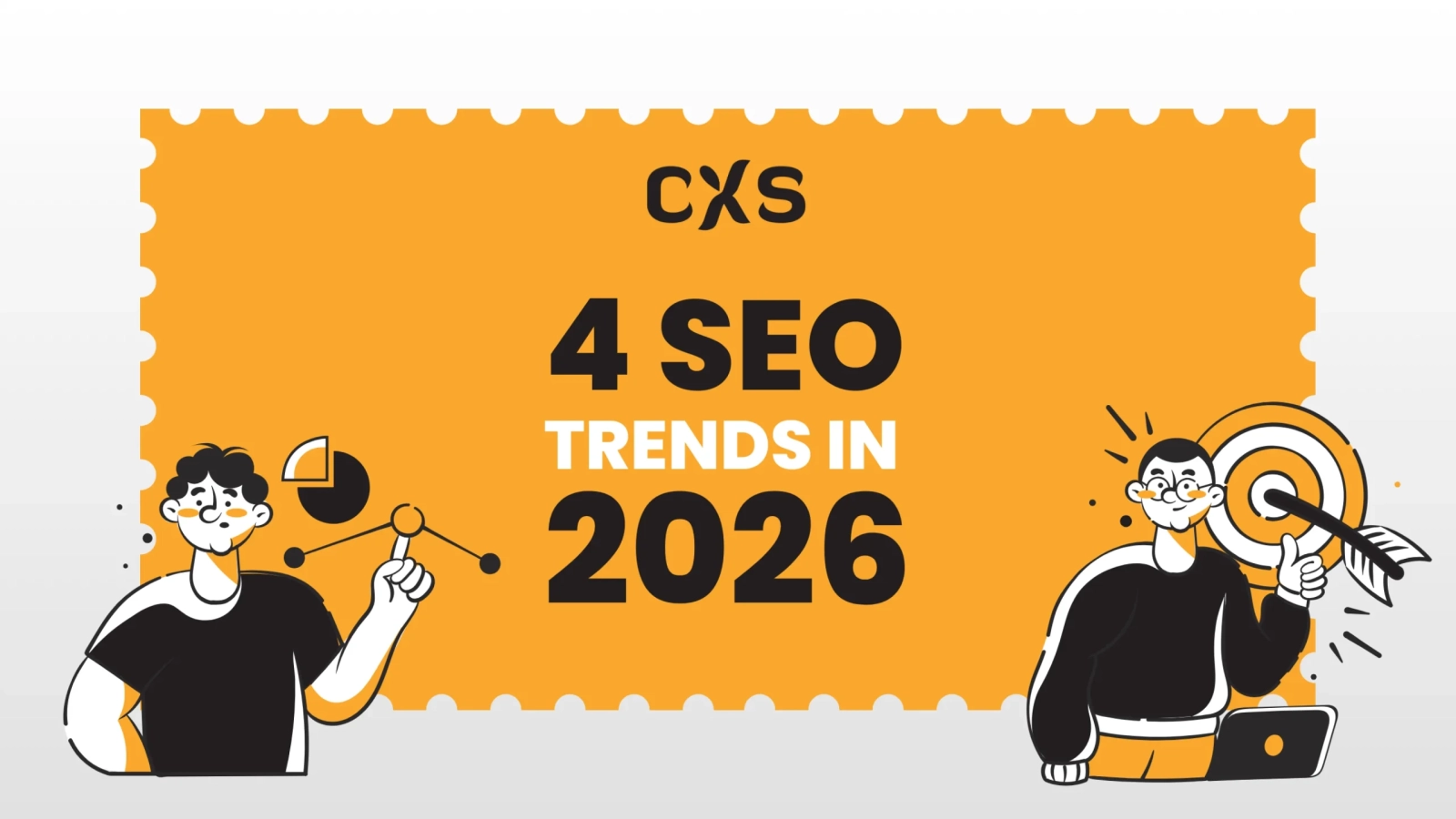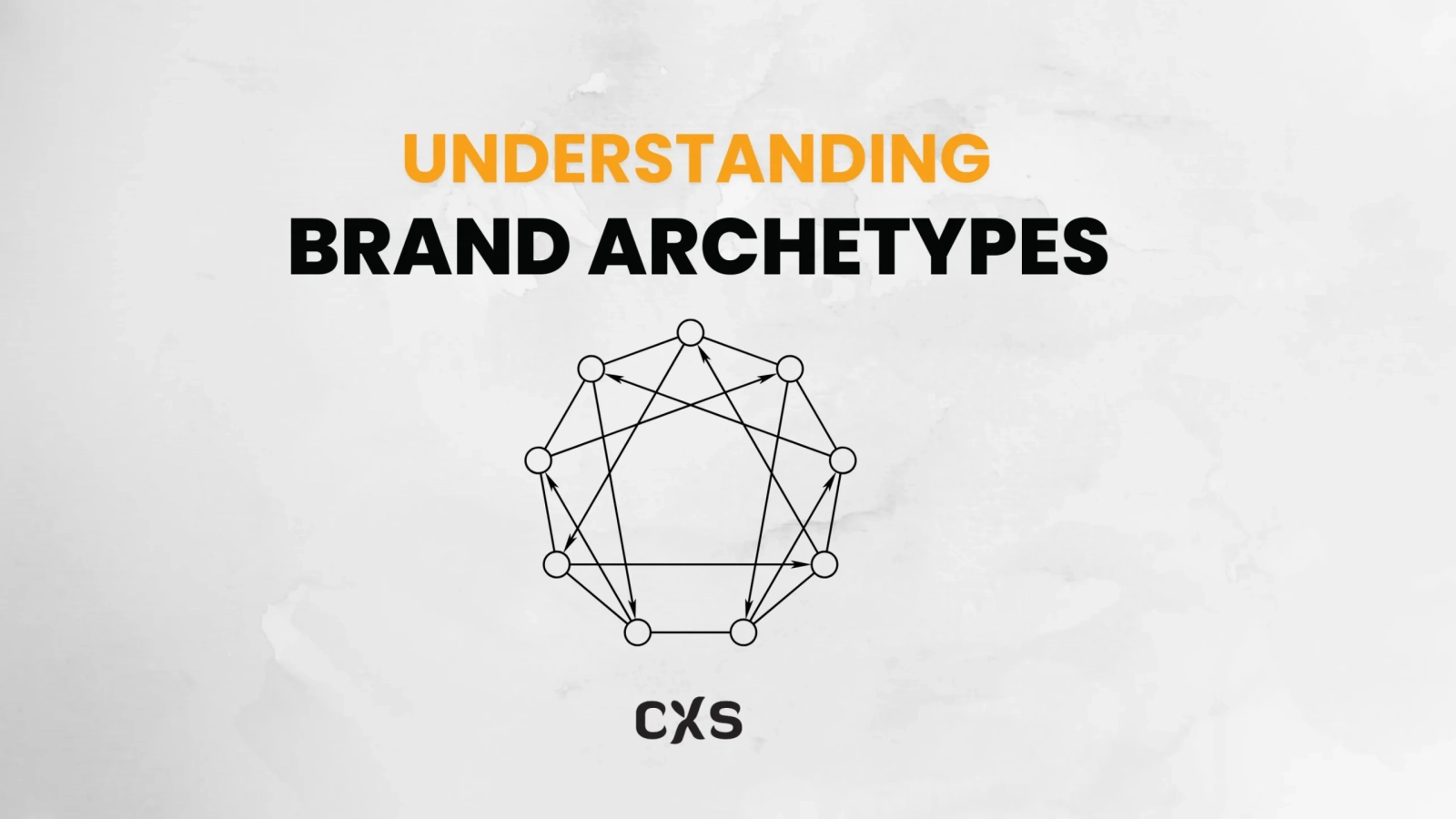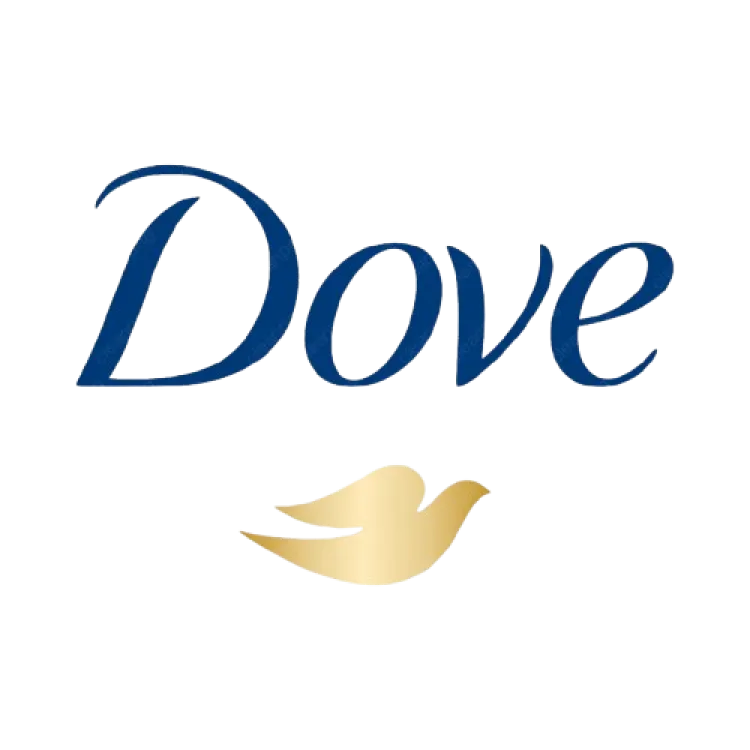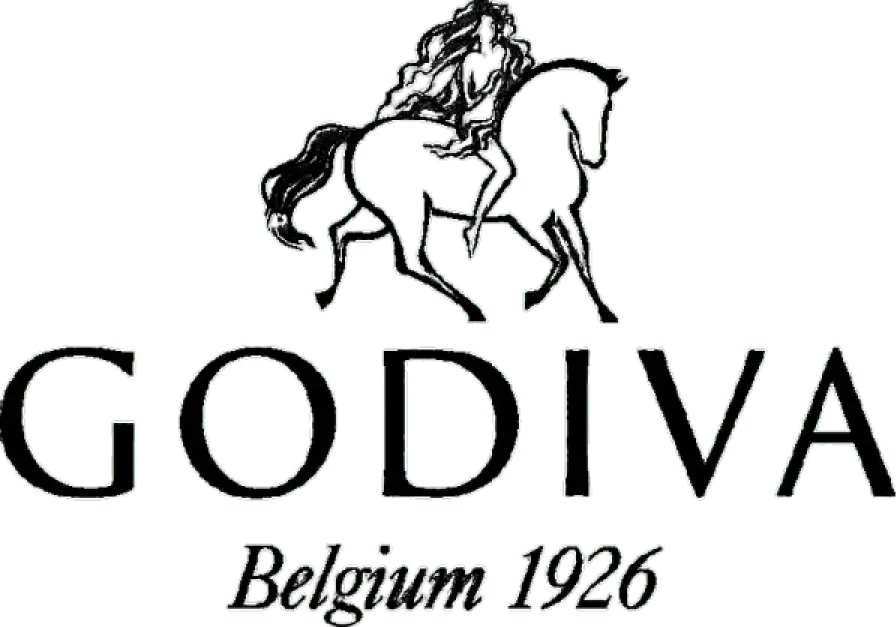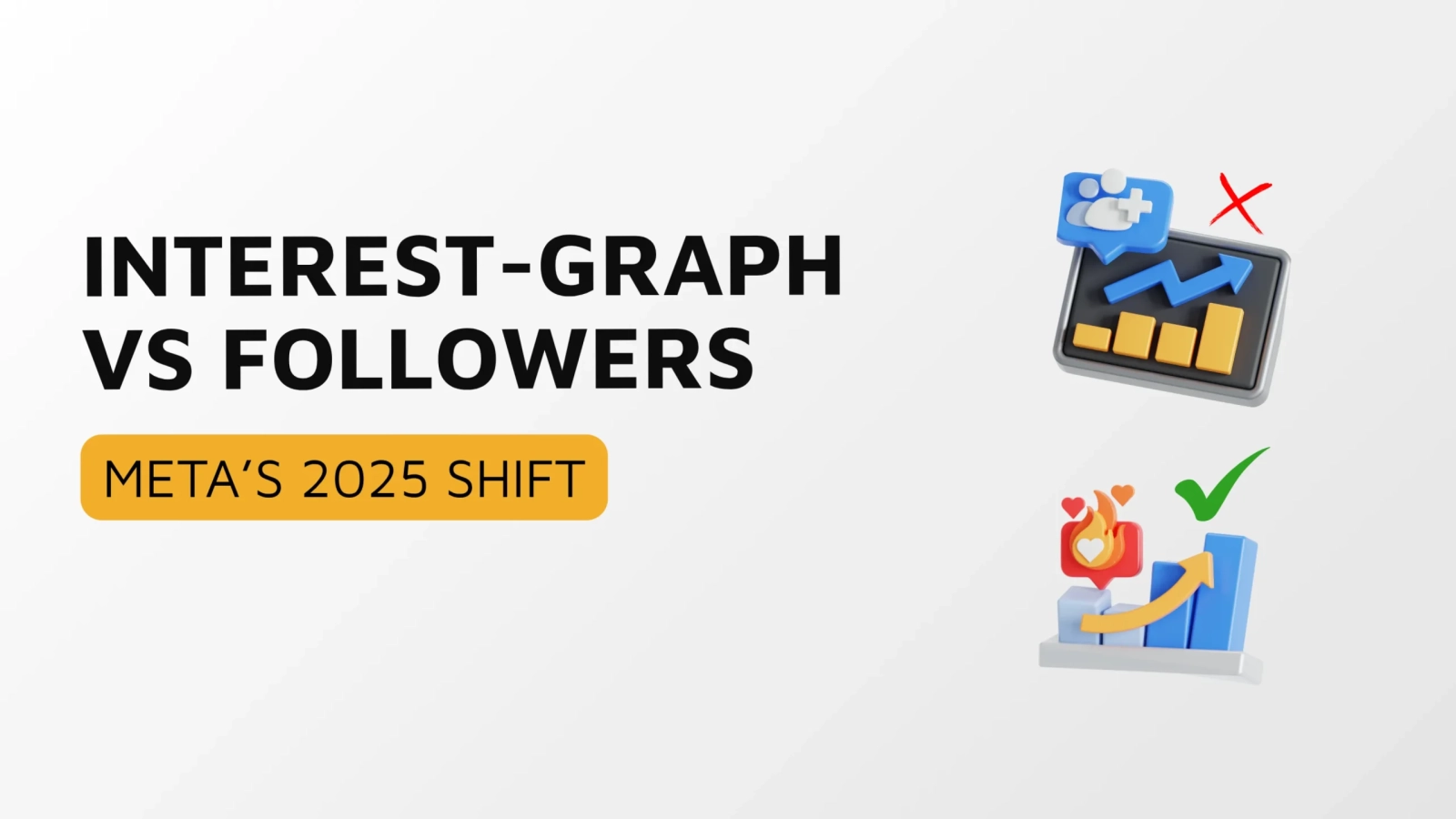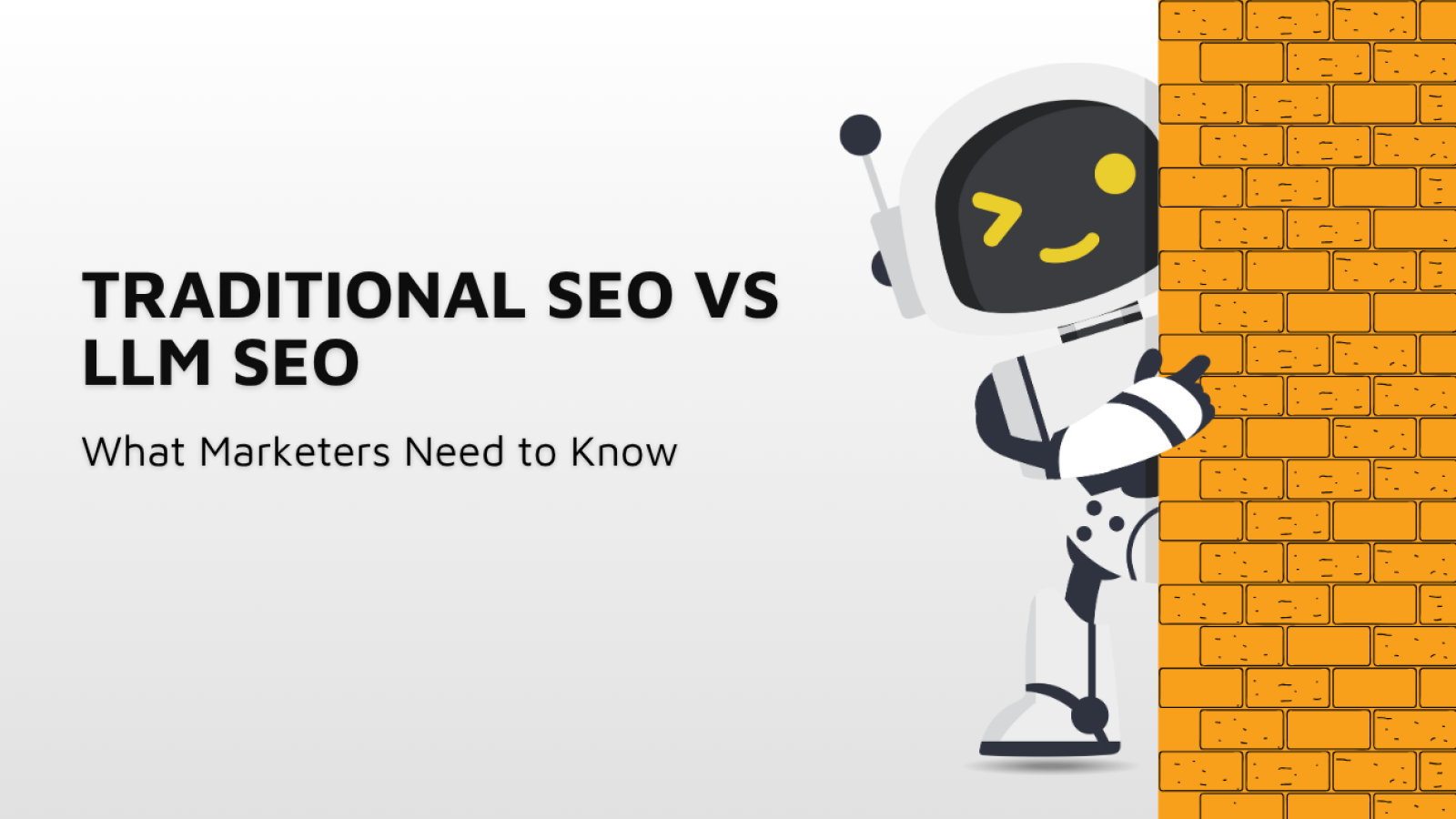4 SEO Trends in 2026 You Really Need to Pay Attention To
If you think SEO was tough before… well, 2026 is basically Google saying:
“Bro, step up your game or step aside.”
Let’s break down the four trends that are actually shaping how brands rank this year, without the boring technical jargon.
1. EEAT Is Still King (and Yes, Google Cares More Than Ever)
EEAT ( Experience, Expertise, Authoritativeness, Trustworthiness) sounds like one of those corporate acronyms you hear once and forget. But in SEO 2026, this is the oxygen of rankings.
Google doesn’t want random people talking confidently about things they have zero clue about.
Like… would you trust a blog about investing written by someone who once bought Dogecoin in 2021 and called it a “long-term strategy”? Exactly.
Now think about buying a product:
Do you trust a random article?
Or a friend who actually uses the product?
That’s the point.
Real experience > random content.
So in 2026:
- Show real stories.
- Show real people behind your brand.
- Show real opinions (preferably based on real experience).
- Build trust like your ranking depends on it. Because honestly… it does.
2. Branded Search Is the New Secret Weapon
This is the trend nobody paid attention to until it started exploding.
Omid G. from Milk Marketer broke it down perfectly using the case of Pooky rechargeable lights.
They tried ranking for keywords like “rechargeable lights” and guess what?
Zero chance. Too much competition.
So what did they do?
They flipped the strategy.
Instead of fighting for generic keywords, they made their brand the keyword.
They pushed:
- PR
- TikTok collabs
- influencer placements
- social buzz
People started searching for “Pooky rechargeable lights”, a keyword nobody else owned.
And boom. Search volume shot up.
Google noticed.
And their SEO became way easier because now they weren’t fighting the world, they were ranking for their own keyword.
Moral of the story:
In 2026, build demand first, rank later. Branded search is the cheat code.
3. Clickbait (But the Smart Kind) Is Back
Not the shady 2012 clickbait.
The new SEO clickbait.
Google’s shifting to a more “YouTube-style” logic:
Titles with pronouns and personal takes get more clicks.
For example:
Old SEO Title:
- “Top 5 SEO Trends for 2026”
- “Best Marketing Tools to Use This Year”
- “How to Improve Your Website Ranking”
New Pronoun-Powered SEO Title:
- “4 SEO Trends for 2026 That I Think You Should Watch”
- “The Marketing Tools We Actually Use Daily”
- “What I Did to Improve My Rankings This Year”
See the difference?
One sounds robotic.
The other sounds like a human talking.
Google cares about click-through rate, and people click things that feel personal.
So yeah, clickbait is cool again, just… the ethical version.
4. YouTube Is Now an SEO Power Tool (Not Just a Video Platform)
There’s a new problem in 2026:
AI summaries.
People get the answer without clicking your page. Not great for traffic.
Pew Research Center found that people are less likely to click actual links when AI sits on top of search results, giving them summaries.
So what’s the solution?
Make videos.
Videos still get:
- Higher engagement
- Higher retention
- Higher trust
- Higher conversion
And let’s be honest, a good video beats a mediocre blog any day.
But the combination of both? That’s where the magic happens.
YouTube videos embedded into your site + written content = Double SEO power.
And YouTube itself is basically the second-biggest search engine. If you’re not using it in 2026, you’re leaving traffic on the table.
Final Thoughts
2026 SEO is less about tricks and more about:
- being real
- building your brand
- sounding human
- creating content that people actually want to watch or read
If you nail these four trends, EEAT, branded search, smart clickbait, and YouTube SEO, you’re already ahead of most brands.

